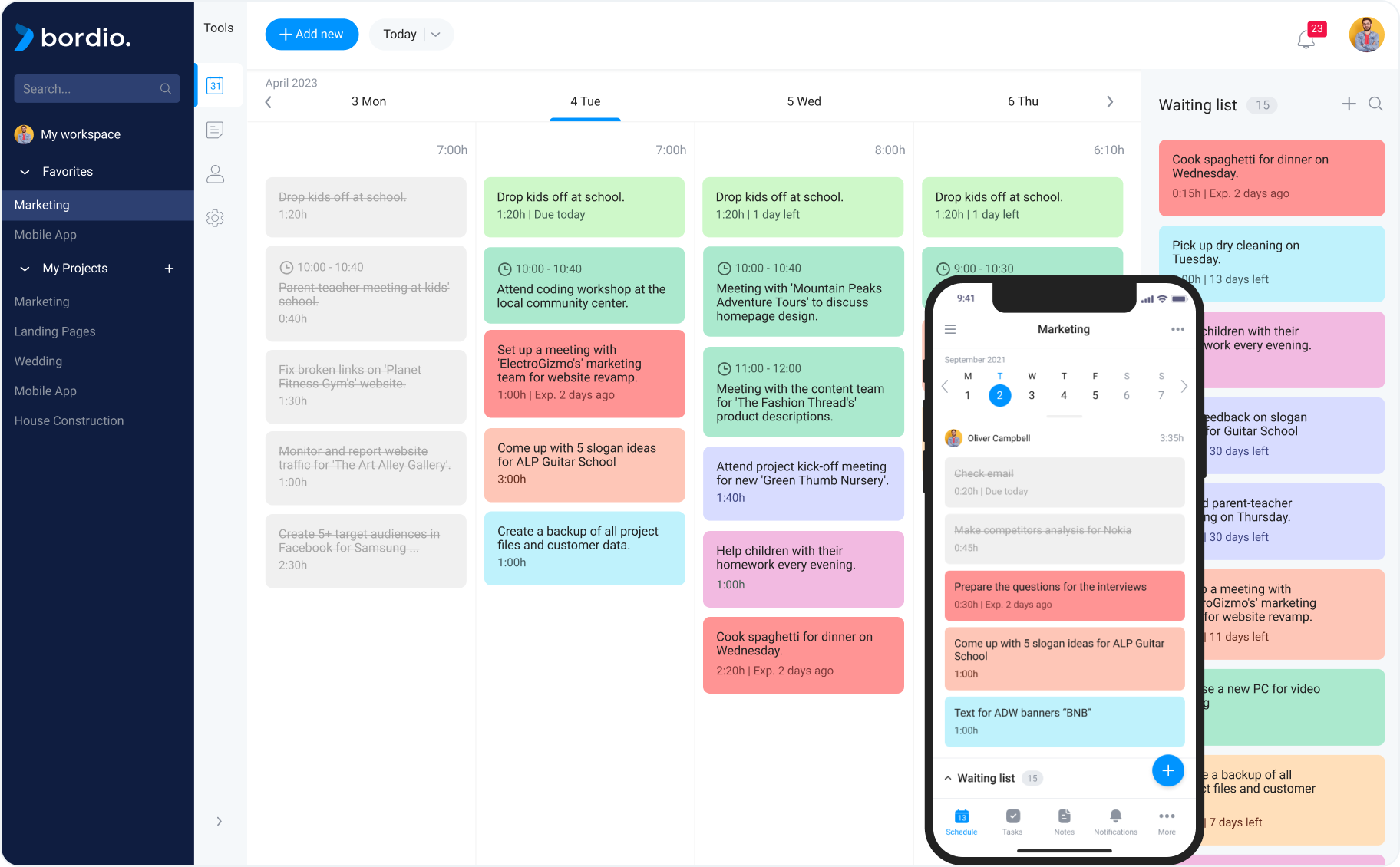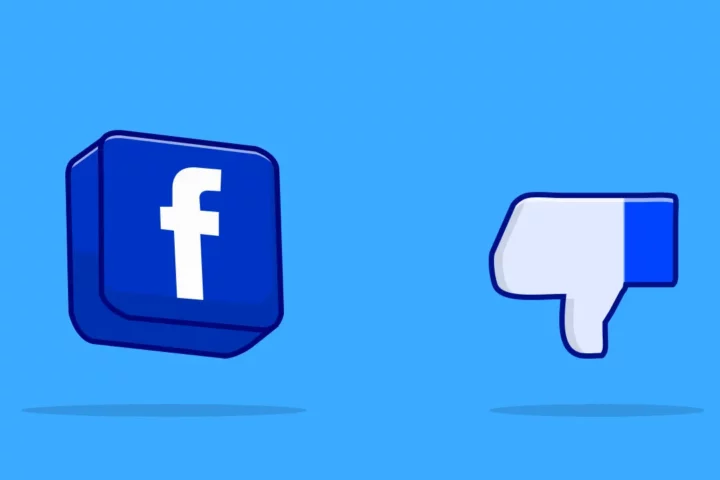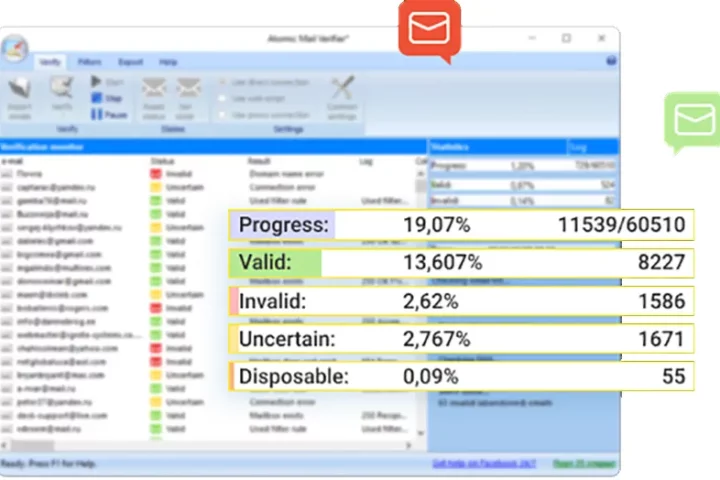There is nothing more important than our health, not only physical but also
mental health – that requires as good treatment as our body. But is it that easy
in the age of productivity? Now we will discuss:
- The Importance of Mental Health in Productivity
- Consequences of Focusing on Productivity – Pros & Cons
- The connection between mental health and productivity.
- Tips to Avoid Toxic Productivity and its Negative Effects on Mental Health

The Importance of Mental Health in Productivity
The modern notion of productivity arose with the beginnings of the Industrial Revolution in the early nineteenth century, when technological advances resulted in a significant increase in output and a demand for more efficient use of working time and resources. Various ideas and developments were created to improve the work process’s productivity and efficiency.
The concept of productivity has risen in popularity since then. Increased output, new values, and the desire for a better, stronger, and more productive version of ourselves characterize the twenty-first century. Productivity today includes learning, personal life, self-determination, and the job process.

As technology blurs the lines between work and personal time in today’s environment, the pursuit of productivity becomes relevant and simply a constant of the twentieth century. In the 21st century, time and resource management are key to success. Given these circumstances, it is not surprising that productivity is frequently linked with success, achieving goals, and self-actualization.
At the same time, people are learning that productivity doesn’t seem to be the only thing to be focused on. The endless pursuit of efficiency may end up in stress and burnout. As a result, it is critical to develop techniques to boost productivity while maintaining life balance and stability. Burnout, stress, and loss of enthusiasm are all results of a measured desire to be productive.
Consequences of Focusing on Productivity
Having your focus entirely on productivity has its pros and cons.

Positive consequences of productivity include
- Self-confidence and achieving goals by increasing your efficiency is the head plus of productivity.
- The second is the automation of processes, saving time and using it rationally.
- And as a consequence of the above, personal and professional growth and development.
Negative effects of productivity can include
- First, constantly striving to be more productive can lead to chronic stress, chronic fatigue, and burnout, ultimately reducing your productivity levels and leading to bad health consequences.
- Health problems as something that continue last point: Toxic productivity will bring you problems with sleep and appetite, an inability to get out of a flow state to rest, and mental health issues
- Loss of personal time and privacy due to excessive devotion to business. Inability to rest and not giving time to loved ones.
The Connection Between Mental Health and Productivity
It is important to remember that mental health and work performance are inextricably linked and influence each other in different ways.

A person with good mental health has more energy and motivation to get the job done and to learn, which contributes to increased productivity. A positive mental state also improves a person’s ability to concentrate and be patient, which is necessary to do difficult and time-consuming work.
On the other hand, if a person is stressed, anxious, sad, or highly distracted, his or her productivity will eventually decrease. This condition can affect concentration, cause sleep problems and decrease energy, reducing a person’s productivity.
There is a downside to this phenomenon as well. Excessive effort in the pursuit of productivity can lead to chronic stress and burnout, fraught with mental health issues.
Finally, it’s worth emphasizing that being productive can be good for mental health. Doing chores can provide a sense of accomplishment, leading to higher self-esteem and happiness. Thus, it’s important to strive for a balance between mental health and productivity, taking into account how one influences the other without leaving any aspect of your health and working to change.
A while back I developed an Android game for improving memory, reflexes and concentration power. This kind of apps can improve your productivity and also help with stress and other mental health related problems. Check out the project page for my brain training app.
Tips to Avoid Toxic Productivity and its Negative Effects on Mental Health
You might call this a state of hanged productivity caused by pressure and lack of budget. If you don’t give yourself indulgences and rest, you will fall into this state – until it ends in stress and burnout.
In recent years, a phenomenon known as toxic productivity has gained attention, especially among young individuals striving for success and accomplishment. Toxic productivity refers to an unhealthy obsession with being productive at all costs, often fueled by societal pressure and unrealistic expectations. This mindset places an excessive emphasis on constant hustle, overworking, and neglecting self-care, leading to adverse effects on mental health.
The relentless pursuit of productivity without considering one’s well-being can result in a range of negative consequences. Individuals may experience chronic stress, burnout, and a sense of never feeling “good enough.” The constant pressure to be productive can lead to heightened anxiety levels and feelings of self-doubt. Moreover, toxic productivity often disregards the importance of rest, relaxation, and leisure activities that are vital for maintaining a healthy work-life balance. Ultimately, this toxic mindset can take a toll on mental health, leading to decreased motivation, depleted energy levels, and a diminished sense of overall satisfaction and fulfillment. It is crucial to recognize the dangers of toxic productivity and prioritize self-care and mental well-being alongside productivity goals.
And so a few helpful tips on how to avoid falling under the influence of toxic productivity.
1. Be Organized, Plan Ahead
Use a day planner to set realistic goals. This can be a paper diary or a weekly online planner. So you can track your progress and don’t get overwhelmed. 
2. Creating Healthy Boundaries: Balancing Work, Rest, and Self-Care
Establishing clear boundaries between your personal and work time and space is crucial to avoid burnout, enhance overall well-being, and optimize productivity. Here are some practical tips to help you set and maintain these boundaries effectively.
Firstly, allocate your time wisely by setting specific working hours and prioritizing self-care during your personal time. This allows you to be productive and focused during work hours while ensuring you have dedicated moments for relaxation and rejuvenation.
Secondly, create a physical separation between your work and personal spaces. Designate a specific area for work, if possible, to create a mental distinction. When you enter your workspace, it signals your mind to focus on work, and when you leave that space, it signifies the transition into personal time, allowing you to fully detach and unwind.
Next, embrace rest and relaxation without guilt or pressure. Take breaks throughout the day and engage in activities that help you recharge. Whether it’s going for a walk, practicing mindfulness, or pursuing a hobby, these moments of rejuvenation enhance your focus, creativity, and overall mental clarity.
Lastly, consider incorporating mindfulness and meditation practices into your daily routine. Take a few minutes each day to sit quietly, focusing on your breath and bringing your attention to the present moment. These techniques can help reduce mental clutter, release stress, and bring a sense of calm after work.
By implementing these strategies, you can create healthy boundaries that promote a balanced approach to work, rest, and self-care. Prioritizing your well-being allows you to maintain productivity, preserve your mental health, and lead a more fulfilling and enjoyable life.
3. Embracing Hobbies: Boosting Work Productivity in a Fun Way

Pursuing hobbies provides a much-needed mental break from work-related tasks. When you immerse yourself in a hobby you love, whether it’s painting, playing a musical instrument, or playing sports, your mind gets a chance to recharge and reset. This mental refreshment ultimately translates into improved focus, creativity, and problem-solving abilities when you return to work.
Hobbies act as a fantastic stress reliever. Engaging in activities that bring you joy and relaxation helps reduce stress levels and promotes a healthier mindset. When you feel less stressed, your ability to concentrate and handle work-related challenges improves, leading to enhanced productivity.
So, don’t underestimate the power of hobbies! They’re not just fun pastimes; they can significantly contribute to your work productivity by providing mental refreshment, reducing stress, and fostering a healthier work-life balance. So, go ahead and indulge in your favorite activities—it’s a win-win for both work and play!
4. A Healthy Lifestyle: Boosting Work Productivity
Sleep well, keep a regime, and do not forget to listen to your body signals. Having a healthy lifestyle isn’t just about feeling good physically; it can actually have a significant impact on your work productivity too. When you take care of your well-being, it sets the foundation for success in your professional life. Here’s how a healthy lifestyle can give your work performance a much-needed boost.
By prioritizing your health and well-being, you equip yourself with the necessary tools to excel in your professional endeavors, leading to increased productivity, better performance, and a greater sense of fulfillment in your work.
5. Practice Self-Compassion: Embracing Mistakes and Growth
 Instead of being overly self-critical or dwelling on what went wrong, shift your mindset to embrace these experiences as opportunities for growth. Understand that everyone encounters setbacks and makes mistakes along the way. Remind yourself that it’s through these challenges that we gain wisdom, resilience, and valuable insights that propel us forward.
Instead of being overly self-critical or dwelling on what went wrong, shift your mindset to embrace these experiences as opportunities for growth. Understand that everyone encounters setbacks and makes mistakes along the way. Remind yourself that it’s through these challenges that we gain wisdom, resilience, and valuable insights that propel us forward.
When unexpected events occur, take a moment to acknowledge your feelings, but also remind yourself of your strengths and past achievements. Recognize that setbacks are not indicative of your worth or abilities. Embrace self-compassion by offering yourself understanding, forgiveness, and encouragement. This mindset allows you to bounce back stronger, learn from your experiences, and continue progressing on your path towards success and personal growth.
In Conclusion
In the end, we can summarize what the connection is between productivity and our health by going over what has been written before.
The concept of productivity emerged during the Industrial Revolution. It meant the improvement and automation of the work process. With the rise of technology, we and our lives have also become committed to productivity.
Productivity has benefits, helping us achieve our goals and be more motivated. However, its toxic manifestation is not good for our mental health. Mental health is very much connected and affects each other all the time. We need to take care of our mental health just as much as our physical health and not give in to the motivations of toxic productivity.



